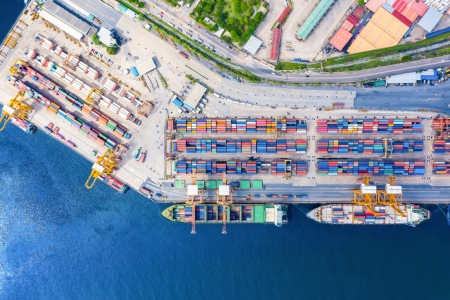You are here
EU-Latin America – renewing the strategic partnership
After eight years without bi-regional dialogue at a high political level, the EU and the Community of Latin American and Caribbean States (CELAC) held the third Summit of Heads of State and Government in Brussels on 17-18 July. The EU, Latin America and the Caribbean (LAC) share common values as well as strong cultural, economic and political ties. Latin America in particular can play an important role in the green transition for the EU and Europe’s access to the transition minerals that are widely used in clean technology.

Given the EU’s goal of improving supply chain resilience and diversifying its trading partners in a geopolitically complex environment, this is a new opportunity for Europe to strengthen political ties with the region while laying the foundation for economic growth and cooperation. The EU can achieve this by working to conclude, ratify and implement the trade agreements with Mercosur, Chile and Mexico by the end of the mandate.
A trade agreement with the Mercosur bloc would be the largest ever concluded by the EU1 as well as the first trade agreement signed between Mercosur and a major trading partner. The agreement should not be overloaded with policy objectives, but rather be considered as a basis for a trusted relationship among equal partners as well as a platform for dialogue and cooperation. The deal would give companies in Europe access to a consumer market of 284 million people, while not ratifying this agreement would result in missed business, development and cooperation opportunities. Its failure would also hamper the EU’s credibility as a trading partner and weaken its relations with the region.
Similarly, a modernised EU-Chile Association Agreement will be key to help the EU secure its access to transition materials, as it includes a dedicated Energy and Raw Materials chapter. It is crucial that the Council approves the signature of the deal and ratifies it with the European Parliament before elections.
At the same time, the modernisation of the EU-Mexico Global Agreement will further promote the growth in bilateral trade among these partners – the second largest in the region after Brazil. In this context, the agreement should be signed, ratified and properly implemented by both parties as soon as possible.
Lastly, we call for continued engagement with businesses and consumers to raise awareness of the opportunities that the trade deals present and enhance understanding of the role of these Free Trade Agreements (FTAs) also in third countries in boosting growth.
1 In terms of population and savings on tariff payments.
